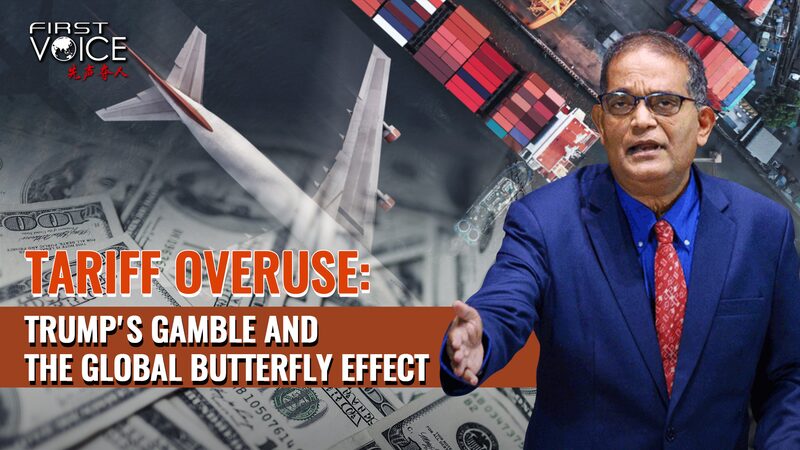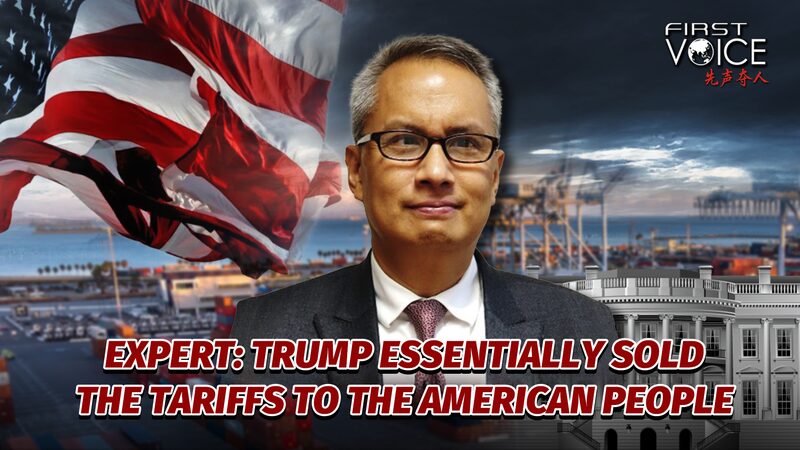During his 2023 inspection tour in northeast China, an important agricultural and traditional industrial base, Chinese President Xi Jinping introduced the concept of new quality productive forces, signaling a shift in the country's development strategy. Amid global economic adjustments and domestic industrial transformations, breaking free from traditional productive forces and driving industrial transformation through scientific and technological innovation have become urgent priorities to stimulate China's further development.
On January 31, 2024, Xi emphasized the need to accelerate the development of new quality productive forces and promote high-quality development. This focus is evident across academic discussions, policy-making, corporate strategies, and industrial transformation practices, significantly reshaping socioeconomic development.
New quality productive forces represent an advanced type of productive force characterized by high-tech, high-efficiency, and high-quality outputs, aligning with Xi Jinping's new development philosophy. These forces break away from traditional economic growth modes, with innovation taking a leading role in their formulation.
Rooted in China's long-term economic practices and paradigm shifts, new quality productive forces bring both opportunities and challenges. The implementation of this concept has spurred a new wave of scientific and technological revolution and industrial transformation, leading to significant achievements in cutting-edge technologies such as artificial intelligence, green energy, and quantum communication.
China's innovation-driven strategy has led to remarkable progress toward becoming an innovative country. The country's growing scientific and technological strength, combined with its super large market and continuously improving industrial system, lays a solid foundation for the development of new quality productive forces.
According to the Global Innovation Index 2024 released by the World Intellectual Property Organization, China stands out as the only middle-income economy among the top 30 economies. Ranked 11th, it hosts three of the world's five major science and technology clusters and is among the fastest-growing economies in terms of innovative capabilities over the past decade.
However, China faces challenges in developing new quality productive forces. With the intensification of globalization, scientific and technological innovations have become focal points of international competition. The global industrial and supply chain landscape is undergoing unprecedented transformations, making it a complex issue for China to enhance its international competitiveness.
Reference(s):
cgtn.com




